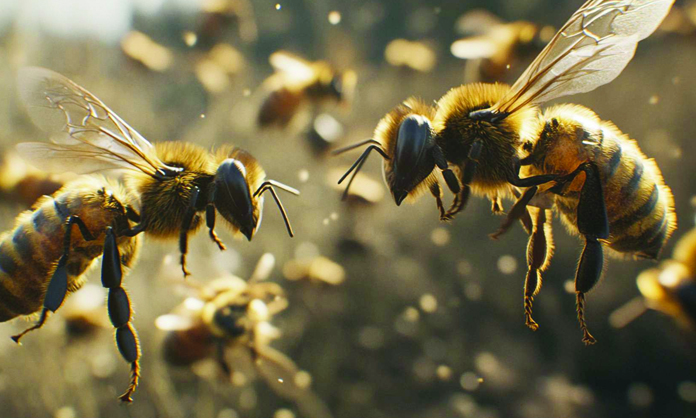Parties to the Convention on Biological Diversity (CBD) have expressed concern over the accelerating negative impact of climate change on biodiversity.
The concern was raised at the 25th meeting of the Scientific Body on Technical, Scientific and Technological Advice of the CBD, held in Nairobi, Kenya, from 15 to 19 October.
The meeting examined and welcomed the Sixth Assessment Report of the Intergovernmental Panel on Climate Change, the work of the Intergovernmental Science Policy Platform on Biodiversity and Ecosystem Services and the implications for the work under the convention.
As consequences of the loss of biodiversity due to climate change, parties to the CBD are concerned that the capacity of nature to provide its contributions to people including for climate change resilience, adaptation, mitigation and disaster risk reduction are being seriously undermined.
According to the statement issued at the end of the meeting by the CBD secretariat, the negative impact of climate change on the most vulnerable, including indigenous peoples and local communities, women and youth, as well as on ecosystems, was strongly highlighted.
“The importance of enhancing collaboration between the CBD and the United Nations Framework Convention on Climate Change was highlighted to raise awareness on relevant interlinkages between biodiversity and climate change,” said the CBD secretariat.
The meeting agreed on recommendations that embrace the science behind invasive alien species, plant conservation, sustainable use of wildlife, biodiversity conservation and other elements of the technical base that supports the implementation of the ambitious Kunming-Montreal Global Biodiversity Framework and the monitoring of its progress.
The gathering welcomed a report on invasive alien species and their control while on plant conservation, participants looked at lessons learned from a global strategy for plant conservation implemented over the last decade and recommended the use of a set of voluntary actions related to plant conservation that complements almost all targets of the new framework.
The recommendations of the Nairobi meeting will be sent for agreement at COP 16, scheduled to be held in 2024.
The meeting preceded the resumed second part of the 15th Conference of the Parties to the Convention on Biological Diversity, also serving as parties to the convention’s Cartagena and Nagoya protocols.
At the opening of the meeting, CBD acting executive secretary David Cooper expressed the importance of the adoption of the Global Biodiversity Framework Fund by the Global Environment Facility and the work of the Taskforce on Nature-related Financial Disclosures.
Susan Garner from the United Nations Environment Programme’s Ecosystem Division said for the Global Biodiversity Framework to deliver, “we need a whole-of-government and whole-of-society approach, adequate financing and positive, yet disruptive, practices underpinned by knowledge and science”.
The conference was concluded with the elections of chairpersons for its subsidiary bodies and the bureau.
The date and venue for the 16th Conference of the Parties to the CBD was to be Türkiye, which was originally expected to hold the meeting, but announced the withdrawal of its offer to serve this role due to disastrous earthquakes in the country earlier this year.
Discussions are taking place with potential hosts. In the event that no host is identified, the meetings will be held in Montreal, Canada, at the headquarters of the CBD secretariat.
Article 25 of the Convention on Biological Diversity established an open-ended intergovernmental scientific advisory body known as the Subsidiary Body on Scientific, Technical and Technological Advice, to provide the conference of parties to the CBD and its other subsidiary bodies with timely advice relating to the implementation of the convention.
Stay informed with The Namibian – your source for credible journalism. Get in-depth reporting and opinions for
only N$85 a month. Invest in journalism, invest in democracy –
Subscribe Now!






